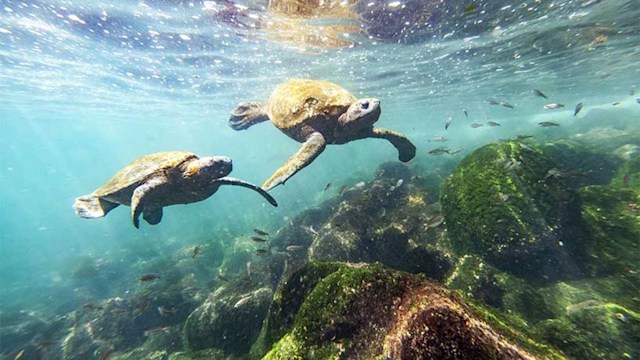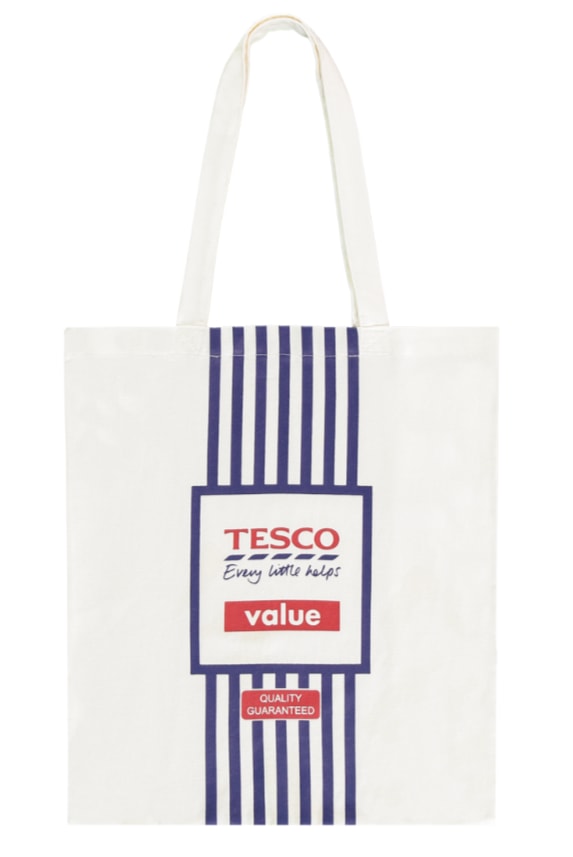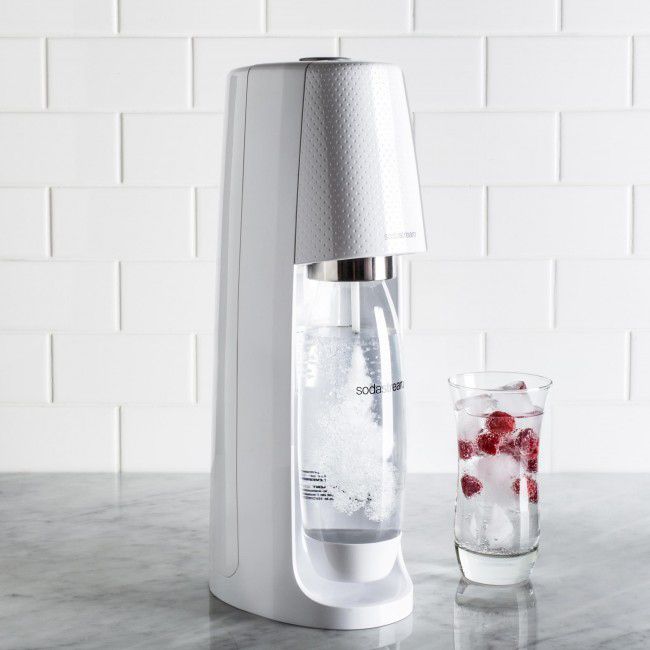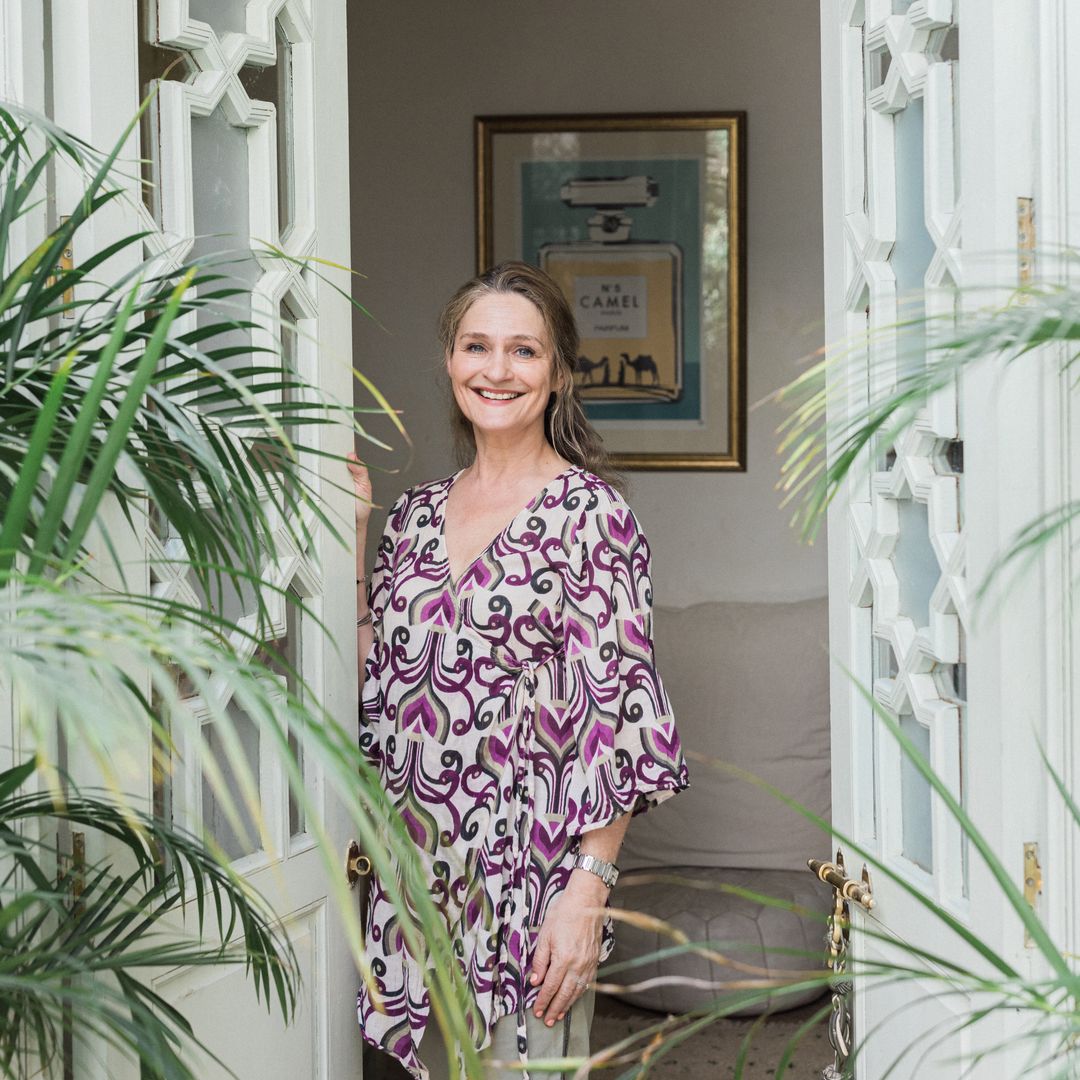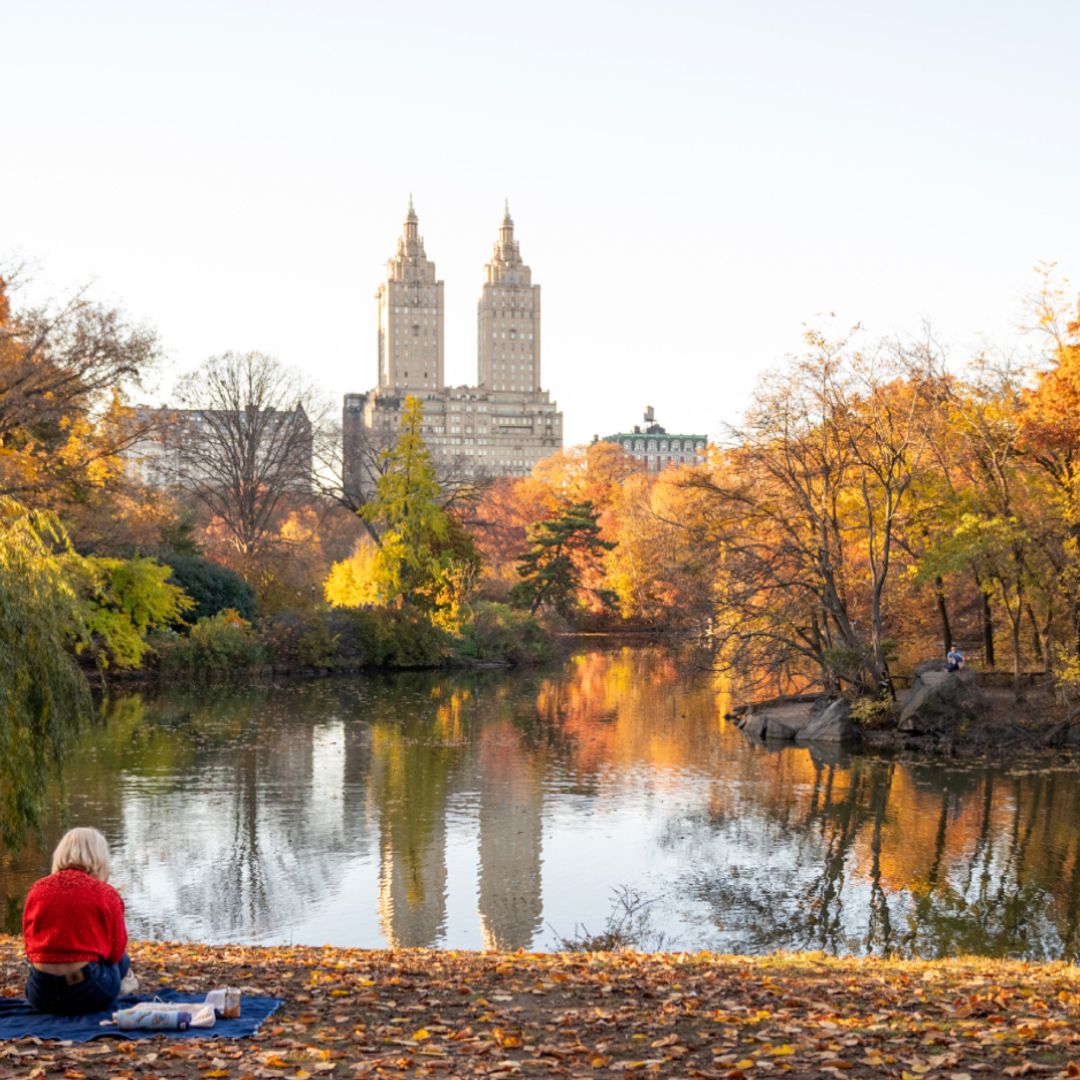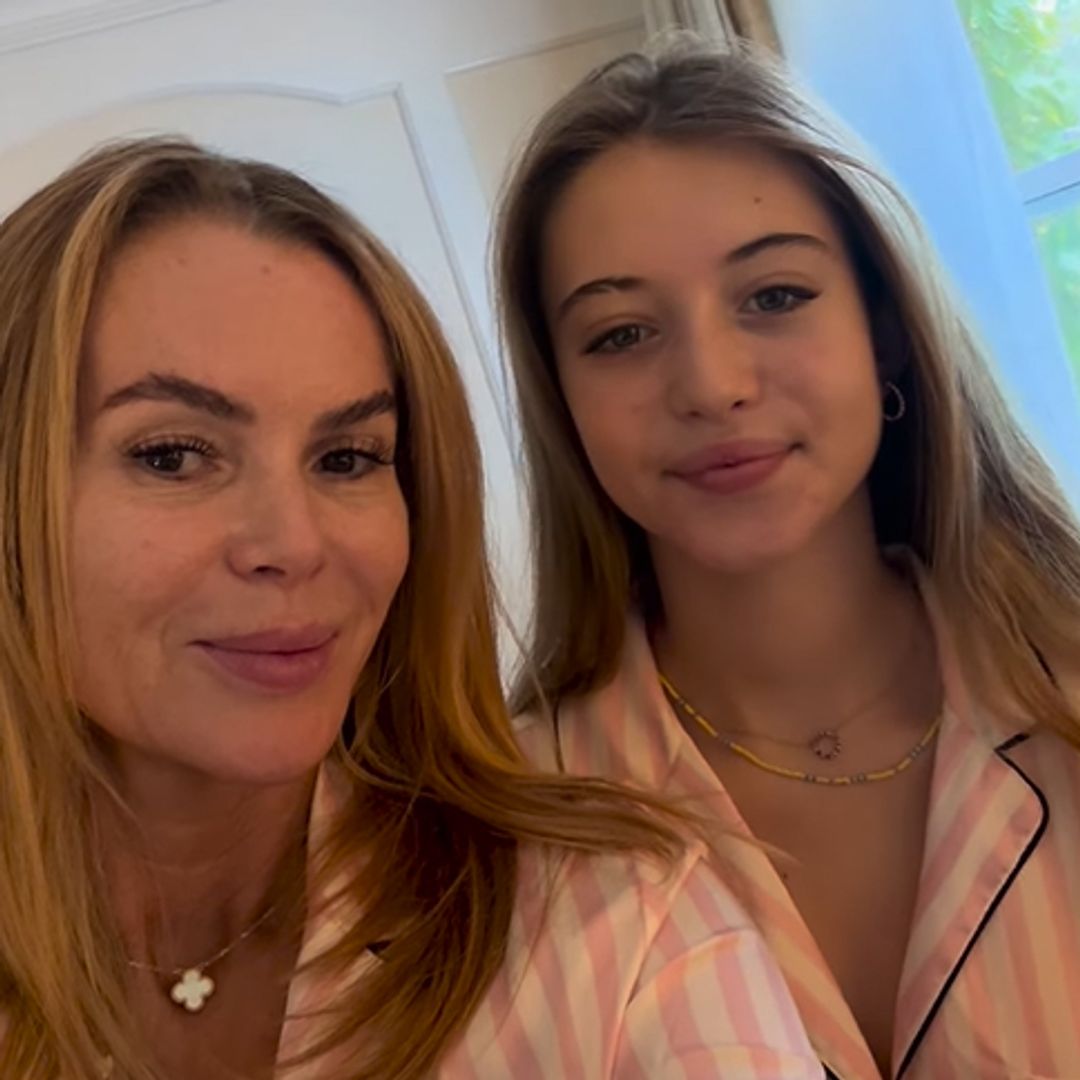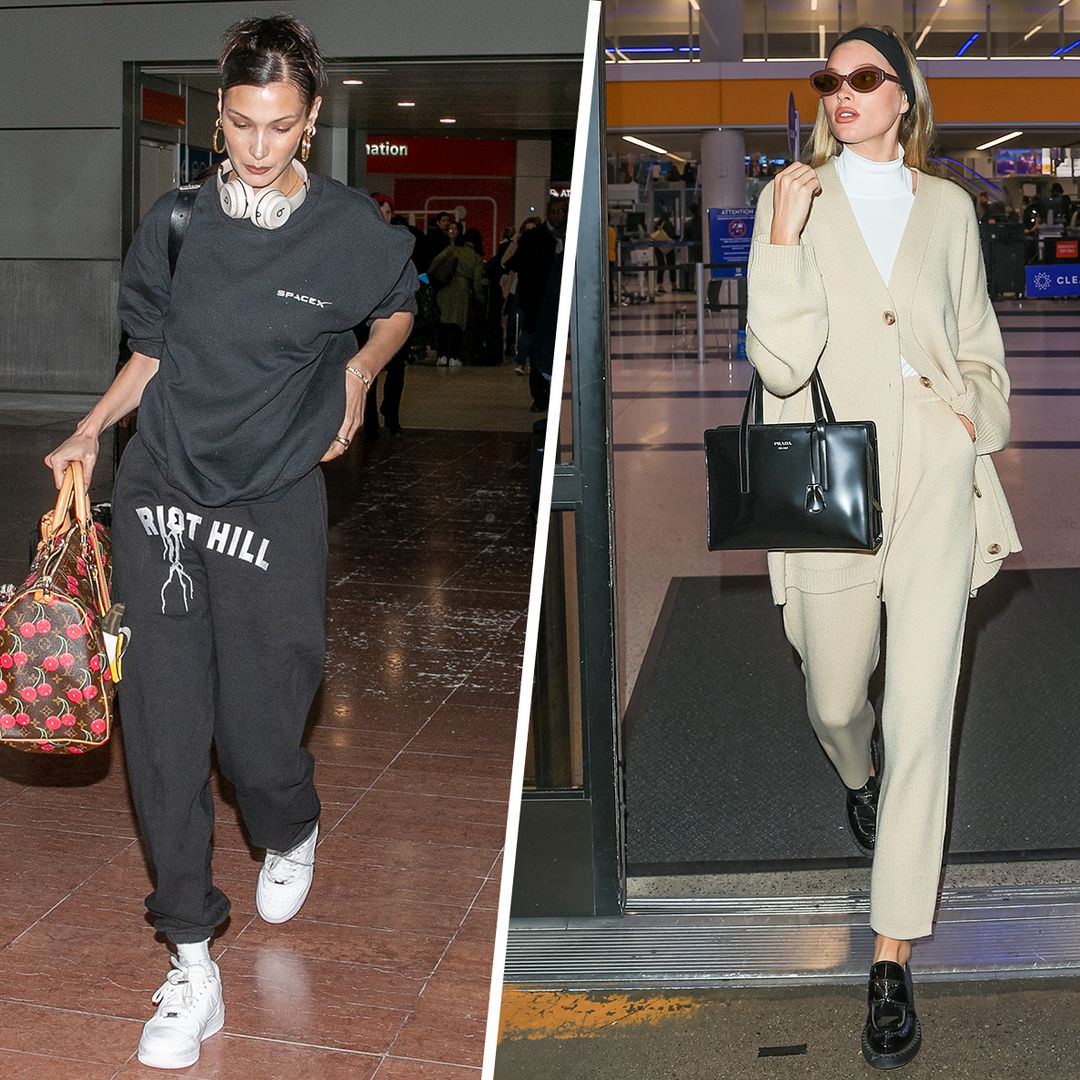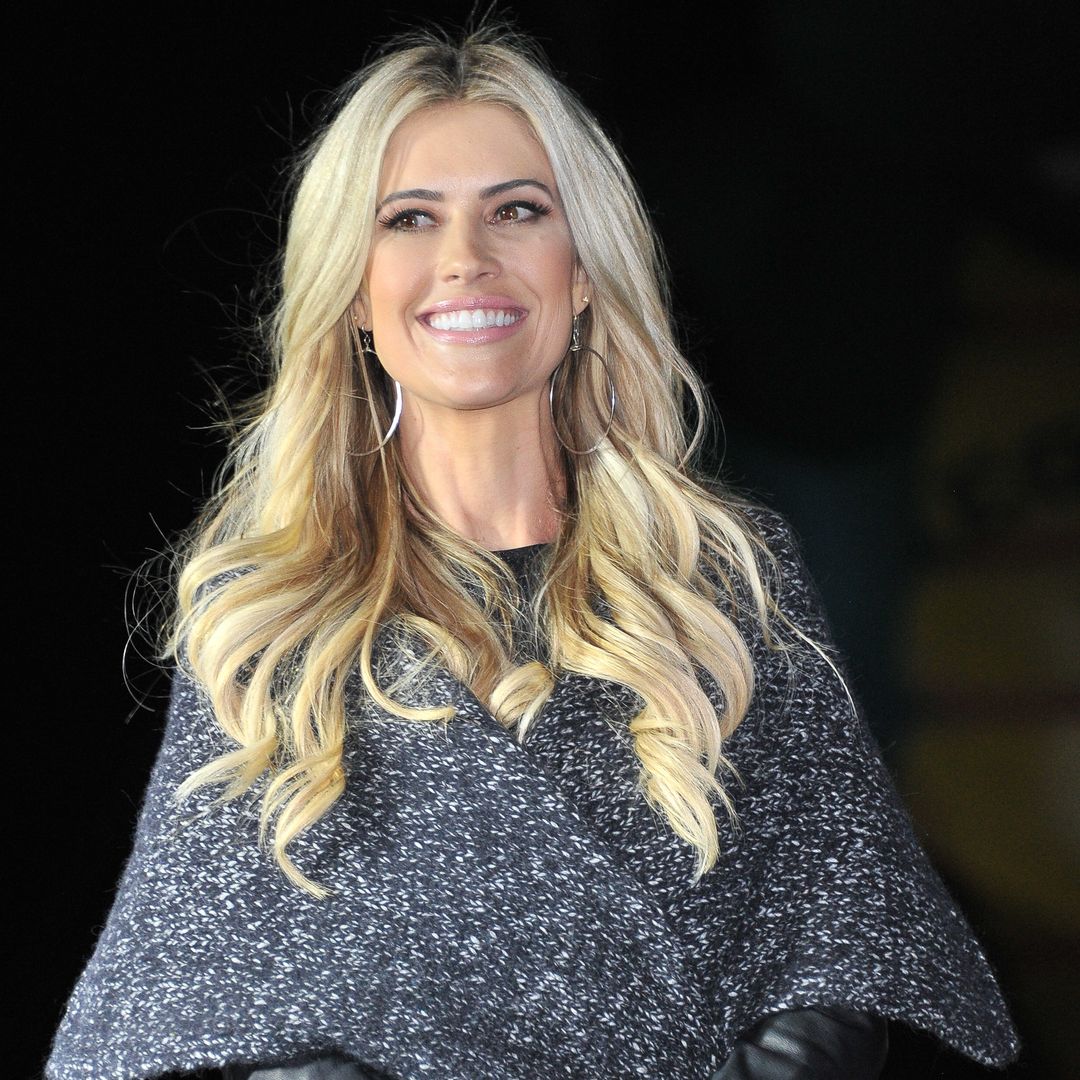We've all seen the headlines urging us to take action against climate change. Every year, 300 million tons of plastic is produced and only 12% is recyclable, leaving the rest to litter landfill sites and tangle in the stomachs of marine wildlife. But what can we do to lead a more sustainable lifestyle and reduce our personal carbon footprint?
SEE: 9 times the royals made sustainable fashion choices
The threat of global warming can feel overwhelming at times. With so much to do to save our planet, in such little time, there's never been a better time to make lifestyle changes in order to make our world a little greener. Even the Queen banished plastic straws and bottles from Buckingham Palace and other royal estates as part of a plan to cut back on the use of plastics "at all levels".
So if we want to follow the Queen's leads, what are the easiest ways to reduce the plastic in our lives and make the world's oceans a better place?
MORE: 4 Reasons why recycled swimwear should be on your summer wishlist
1. Swap plastic bags for fabric totes
Since the Government introduced a 5p charge for carrier bags in October 2015, usage has fallen by 80%. But we can still do more – even a single plastic bag can take 1,000 years to degrade. Carry a shopping bag in your handbag at all times so you're never forced to purchase one when doing a spot of impromptu shopping. Stash others in the car, your bike basket, your nappy bag, your pram. The more you have on hand the less likely you are to go plastic.
2. Get a SodaStream
Prepare for a shocking stat: 2.9 million adults in the UK never recycle their plastic bottles. So not buying plastic in the first place is really important. SodaStreams transform tap water into sparkling at the touch of a button and prevent the unnecessary use of millions of single-use plastic water bottles. Plus, it's pretty fun to do, too.
3. Stop using straws
If it's good enough for the Queen, it's got to be good enough for you. And many drinking straws still contain BPA - which is potentially toxic. They're difficult to recycle and can last for over 2,000 years in the environment - hardly worth it for one quick drink. Plus, if you've ever watched the video of the sea turtle in Costa Rica with a plastic straw lodged in his nostril, you'll understand why this is a no brainer...
READ: 16 Sustainable fashion brands that need a place in your wardrobe
4. Quit buying take-away coffees
You might think those 'paper' cups are recyclable, but the heat resistant finish inside means they're not… and we throw away 2.5 billion of them a year. Many coffee shops including Starbucks and Pret offer a sizable discount for bringing your own reusable cups, and folding cups are now available to buy very inexpensively. It requires a moment's pre-planning but the world will thank you.
5. Buy direct from market stalls
Supermarkets are notorious for stocking goods in flashy, unnecessary containers. Going to your local market means you can put all your produce in your own bags, or opt for paper if you need to. If you do have to shop at one of the giants, leave excess packaging at the end of the counter to make it their problem.
SEE: Kim Kardashian went plastic-free in her home – here's how you can too
6. Use bars not liquid soap
Lather with a good ol' bar of chemical-free soap instead of using cumbersome, over-packaged shower gels. Lush do a great range of bath blocks. and using a soap bar instead of a plastic pump bottle cuts down on another single-use plastic product.
7. Embrace the milkman
It's time to go old school and get a milkman (or woman). Instead of buying a plastic pint, have a reusable glass bottle delivered straight to your door.
8. Cut out cling film
Making your own packed lunch is commendable, but wrapping sandwiches in clingfilm isn’t a solution. Instead make reusable, washable food covers using cotton and beeswax or invest in some (ideally glass) lunch boxes to house your homemade feasts.
9. Use matches
If you smoke, use matches instead of disposable lighters. Many of these end up in the stomachs of dolphins and seabirds.
10. Ditch disposable nappies
If you have a baby, stop using disposables and brave cloth nappies. You’ll also save money; a child can use up to £700-worth of nappies in his or her first two years.
RELATED: 7 of the best reusable nappies – tried and tested by parents
